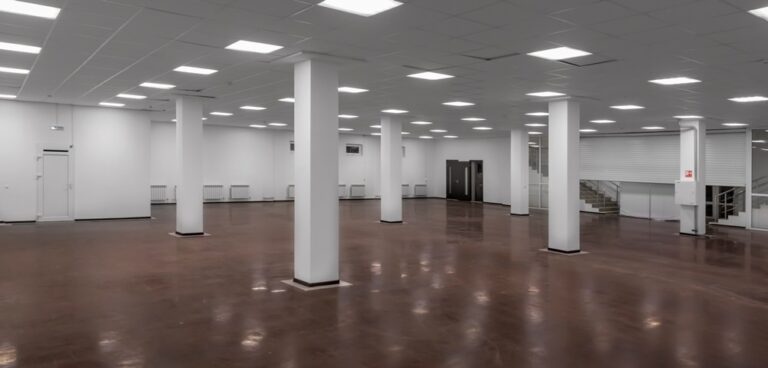By Clive Rich, CEO & Founder of LawBite
When you are growing your business, at some point, a time will come when you need physical premises – whether that be office space to house your expanding workforce, industrial or warehousing space to manufacture, store or distribute your goods, or retail space to sell them.
For many small business owners, this decision to purchase a commercial property can feel daunting, especially in a time of economic and political uncertainty such as now. But for those looking to take on a new premises there will be a multitude of questions about every aspect of the decision.
One of the first key decisions many will need to consider, will be whether to take on a whole lease of the property or go down the more ‘informal’ route of a licence.
Since many small business owners may never have thought of these terms before, this piece is looking to bring some light on the subject and why it is crucial to make the right choice.
What is the difference between a lease and a licence?
The key legal distinction between a lease and a licence lies principally in the nature of the possession you are looking to acquire.
With a lease – you have exclusive possession of the premises and can exclude all others from entering the premises (including the Landlord). Accordingly, you have a right to the land itself.
With a licence – you can merely occupy the land on the terms of the licence. You don’t have exclusive possession or any right in the land itself – it is just personal permission.
Why does it matter?
The main reason it matters relates to the security of the tenure itself. When you hold a lease, you’ll agree on a fixed time to keep the premises, known as the ‘contractual term’.
Once the contractual term expires, you continue to have rights to possession of the premises under the Landlord and Tenant Act 1954, known as ‘holding over’, unless you swear a statutory declaration to ‘contract out’ of this security of tenure rights before you sign the Lease.
Not only will you have ‘hold over’ rights, but you’ll also have a right to a new lease on similar terms unless the Landlord can rely on one of the statutory grounds in the 1954 Act.
The most common grounds to ‘contract out’ are that either; the tenant has been a bad tenant (i.e. rent arrears/failure to keep in good repair etc.) or that the Landlord wishes to redevelop the premises or occupy it for themselves.
Also, with a lease, even if the Landlord sells the premises, all your security of tenure rights will generally continue unaffected.
When you hold a license, your occupation is precarious, and you don’t enjoy the security of tenure or have rights under the 1954 Act. Also, unless the new owner agrees otherwise, your licence will usually end if the owner sells the premises.
How might a lack of security of tenure affect my business?
If you don’t have the security of tenure, it can be tough to give your business the degree of stability and protection it needs, especially if it’s still in its embryonic stages.
When the premises relate only to office space, this may only sometimes be that critical. However, if, for example, the premises concerned are retail space, where location and footfall are paramount, an enforced move could be disastrous.
What are the benefits of a licence?
The main benefit of a licence is the flexibility it can give you and your business. You may take on the burden of a Lease, where you can be held liable for rents, repair covenants, etc., for a prolonged period.
A licence will usually have a shorter term or work on a rolling month-by-month basis where either party can terminate on, say, one month’s notice or similar. This allows you to be agile as a business and can enable testing of location/s before making decisions in the long term.
There is no getting round it, choosing to lease or to license and to make that step into a bricks and mortar premises is one of the biggest any SME business owner will likely make. It is therefore essential that you are aware of all the facts, terms & conditions, and potential pitfalls that each option poses before progressing with either option, to ensure the decision you take is not only the right one for you, but for your business in general.

